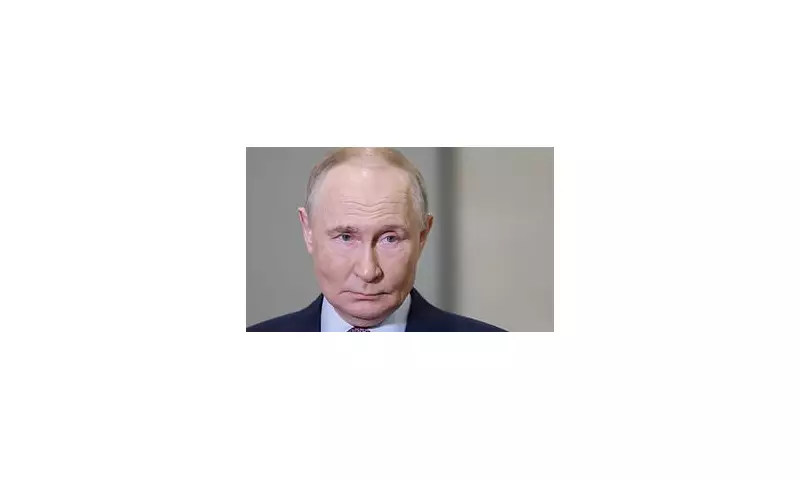
Chaos erupted in the Russian capital as a coordinated Ukrainian drone offensive prompted the complete shutdown of Moscow's primary aviation hubs, leaving thousands of travellers stranded and air defences scrambling to intercept incoming threats.
Airport Operations Grind to Halt
All three of Moscow's major international airports—Vnukovo, Domodedovo, and Sheremetyevo—were compelled to suspend operations simultaneously as Russian air defence systems engaged what officials described as "an attempted mass drone attack" from Ukrainian forces.
The unprecedented closure represents one of the most significant disruptions to the Russian capital's air traffic since the conflict began, highlighting Ukraine's growing capability to strike deep behind enemy lines.
Passenger Chaos and Flight Cancellations
Travel plans for thousands of passengers were thrown into disarray as airlines were forced to cancel or divert flights. Social media platforms flooded with images of crowded terminals and frustrated travellers awaiting updates on when normal operations might resume.
"The situation developed rapidly," one stranded British tourist reported. "One moment we were preparing to board, the next all flights were suspended indefinitely. There's been very little official information."
Russian Air Defences in Action
Russian Ministry of Defence sources confirmed their air defence units had successfully neutralised multiple drones approaching the Moscow region. The intensity of the engagement suggests one of the more substantial aerial assaults on the capital in recent months.
Military analysts note that such attacks, while causing limited physical damage, achieve significant psychological impact and demonstrate Ukraine's ability to project power hundreds of miles beyond the front lines.
Escalating Aerial Warfare
This incident marks the latest development in an escalating drone war between the two nations. While Russia has frequently launched drone attacks on Ukrainian cities, Ukraine has increasingly demonstrated its capacity to respond in kind, targeting both military infrastructure and symbolic locations deep within Russian territory.
The successful disruption of Moscow's air transport network represents both a tactical achievement and a powerful message about the conflict's expanding geographical scope.





